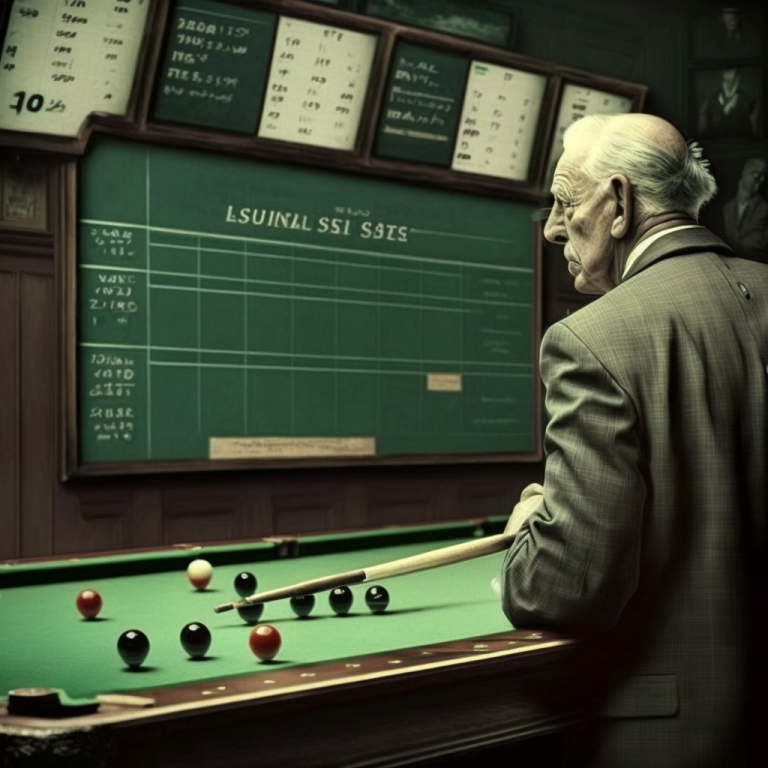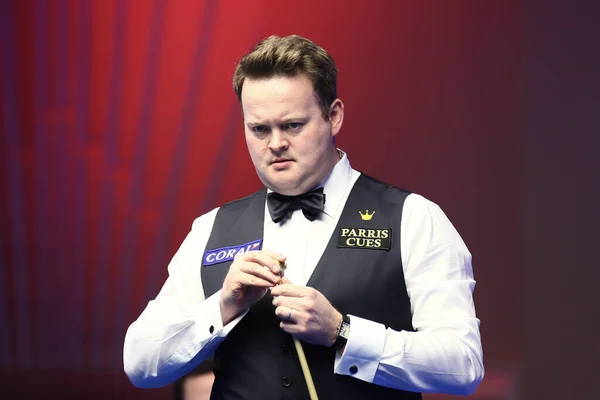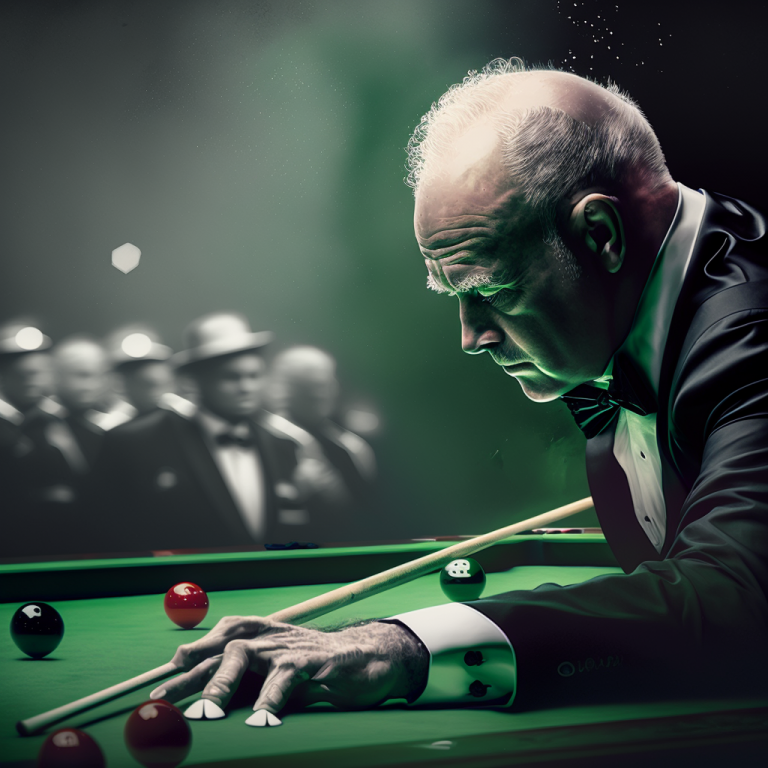A Brief History Of Snooker And Its Meteoric Rise To A Major World Sport
Snooker is a unique sport that originated in the second half of the 19th century in India. The game was initially created as a variation of billiards, but it quickly evolved into its own distinct sport. Here is a brief history of snooker.
Snooker was invented by British Army officers stationed in India in the late 1800s. The officers were looking for a new way to pass the time in the barracks and decided to create a new game by combining various elements of billiards and pool. They named the game after a fellow officer, Colonel Sir Neville Chamberlain, who was nicknamed “Snooker” by his friends. The game quickly spread among the officers and became a favorite pastime in the British army.
In the early 1900s, snooker slowly made its way to England as troops returned home after their tours of duty, where it rapidly gained popularity among working-class communities. The first snooker championship was held in 1916 at Thurston’s Hall in London. The first winner of the championship was the legendary Joe Davis, who went on to completely dominate the sport for the next two decades. Davis won the world championship 15 times between 1927 and 1946, establishing himself as one of the greatest snooker players of all time.
In the 1950s and 1960s, snooker continued its meteoric rise in popularity in England, but it was still considered a fairly niche sport in the rest of the world. However, this all changed in the 1970s when color television became more widely available. Snooker’s colored balls and distinctively large table made it a perfect fit for color TV, and the game quickly became a major hit with viewers all over the globe. The World Snooker Championship, which had only been held sporadically since the 1920s, became a yearly event in 1969, and it was soon being broadcast on TV to massive audiences.
The 1980s saw snooker reach new heights of popularity. Another one of the game’s most famous players, Steve Davis, won six world championships during that remarkable decade, and snooker became a regular fixture on British TV. The 1985 World Championship final between Dennis Taylor and Steve Davis was watched by over 18 million people in the UK, making it one of the most-watched TV events in British history.
In the 1990s, snooker saw a small decline in popularity, with many of its top players retiring or losing their form and crowd appeal. However, in response to falling viewership, the game’s governing body, the World Professional Billiards and Snooker Association, made changes to the sport to make it more exciting for viewers. These changes included shortening the length of matches and introducing an in-game shot clock to speed up the play.
In recent years, snooker has seen a monumental resurgence, with new stars such as Ronnie O’Sullivan and Mark Selby emerging from amongst the newer generations of players. The game is now played professionally all over the world, with major tournaments being held in dozens of countries including China, Germany, and Australia. The World Snooker Championship undoubtedly remains the sport’s highlight event, and it continues to draw huge audiences both in the UK and around the globe.
In conclusion, snooker has come a long way since its humble inception in India in the late 19th century. From an unheard-of niche pastime for British Army officers to a global phenomenon watched by tens of millions of fans, snooker has had a rich and fascinating history. While the game has faced many challenges over the years, it has managed to adapt and evolve, and it remains one of the most exciting and entertaining sports in the world today.







